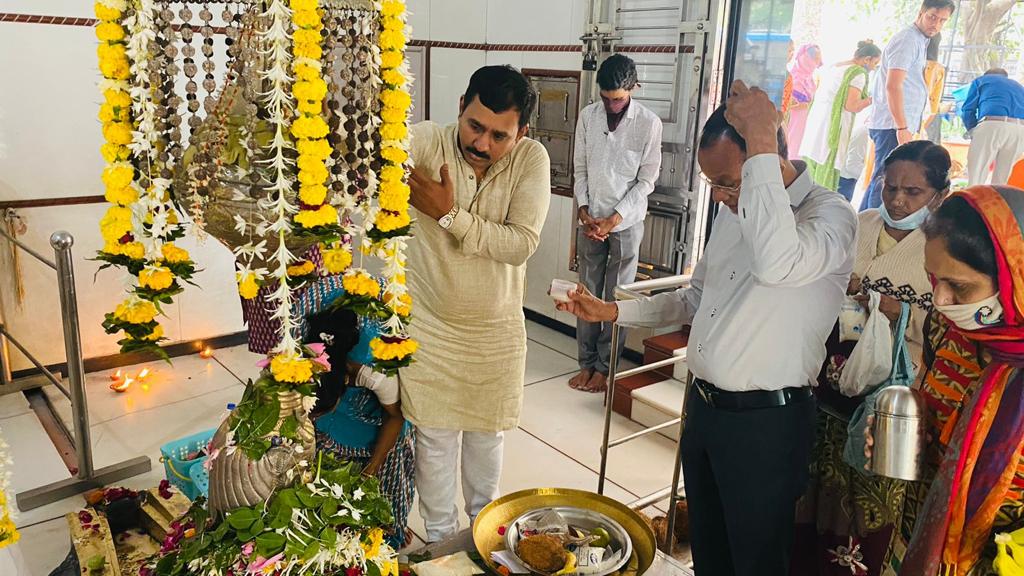Maha Shivratri, also known as the Great Night of Shiva, is an important festival celebrated in India and other parts of the world by millions of devotees of Lord Shiva. The festival is observed on the 14th day of the dark fortnight in the Hindu month of Phalguna, which falls between February and March in the Gregorian calendar. This year, Maha Shivratri will be celebrated on Feb 18, 2023.
Meaning of Maha Shivratri
The term “Maha Shivratri” is derived from two Sanskrit words – “Maha” meaning “great” and “Shivratri” meaning “night of Shiva”. The festival is believed to celebrate the marriage of Lord Shiva and Parvati, which is considered the union of the divine masculine and feminine energies in the universe. It is also believed to mark the day when Lord Shiva performed the Tandava, the cosmic dance of destruction and creation.
Celebrations of Maha Shivratri
Maha Shivratri is celebrated with great fervour and devotion by the followers of Lord Shiva. Devotees observe a fast and spend the entire day and night in worship, prayer, and meditation. They offer special prayers to Lord Shiva by visiting temples and performing rituals, such as the pouring of milk, honey, and water on the Shiva Linga, which symbolizes the phallus of Lord Shiva. The devotees also chant mantras, sing hymns, and perform the Rudra Abhishekam, the ceremonial bathing of the Shiva Linga with water, milk, honey, and other sacred substances.
The festival is celebrated in different ways in different parts of India. In some regions, people prepare unique dishes and sweets to offer to Lord Shiva, while in others, they perform a traditional dance called Dandiya Raas. In some places, processions are taken out with the idol of Lord Shiva, and people dance and sing in his honour.

Importance of Maha Shivratri for Youth
Maha Shivratri is an important festival for the youth of India, as it represents the power of transformation and renewal. The festival is a reminder that life is a constant cycle of birth, death, and rebirth, and that one must embrace change in order to grow and evolve. It is also a time to reflect on one’s own life and the challenges one faces, and to seek the blessings of Lord Shiva to overcome them.
Maha Shivratri is celebrated in various parts of India, including the states of Uttar Pradesh, Bihar, Madhya Pradesh, Rajasthan, and Maharashtra. Some of the most popular places to celebrate the festival include the Kashi Vishwanath Temple in Varanasi, the Mahakaleshwar Temple in Ujjain, the Somnath Temple in Gujarat, and the Lingaraj Temple in Bhubaneswar.
Maha Shivratri is a unique festival that celebrates the power of Lord Shiva, who is considered the destroyer of evil and the harbinger of change. Unlike other Hindu festivals that celebrate the birth or victory of a particular deity, Maha Shivratri is a celebration of the divine power that resides within each and every individual. The festival is a reminder that by invoking the energy of Lord Shiva, one can overcome the obstacles in life and achieve success and prosperity.




